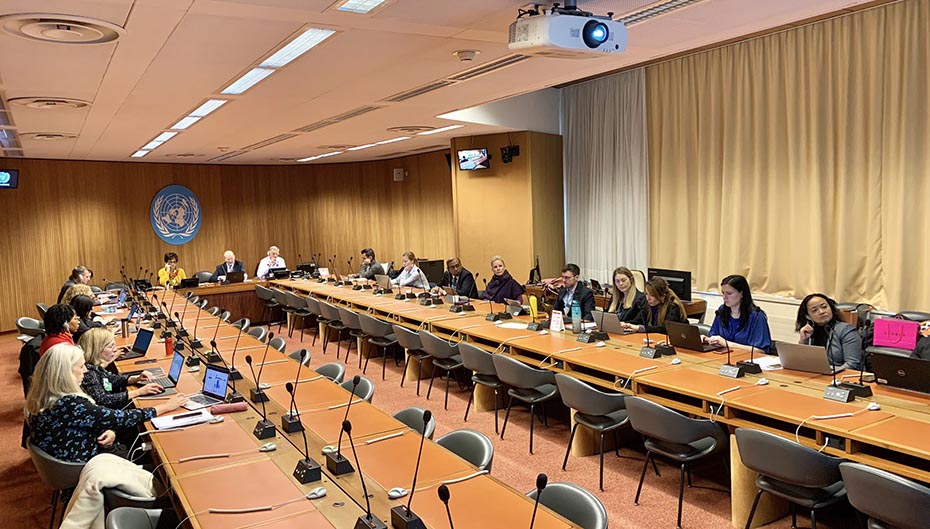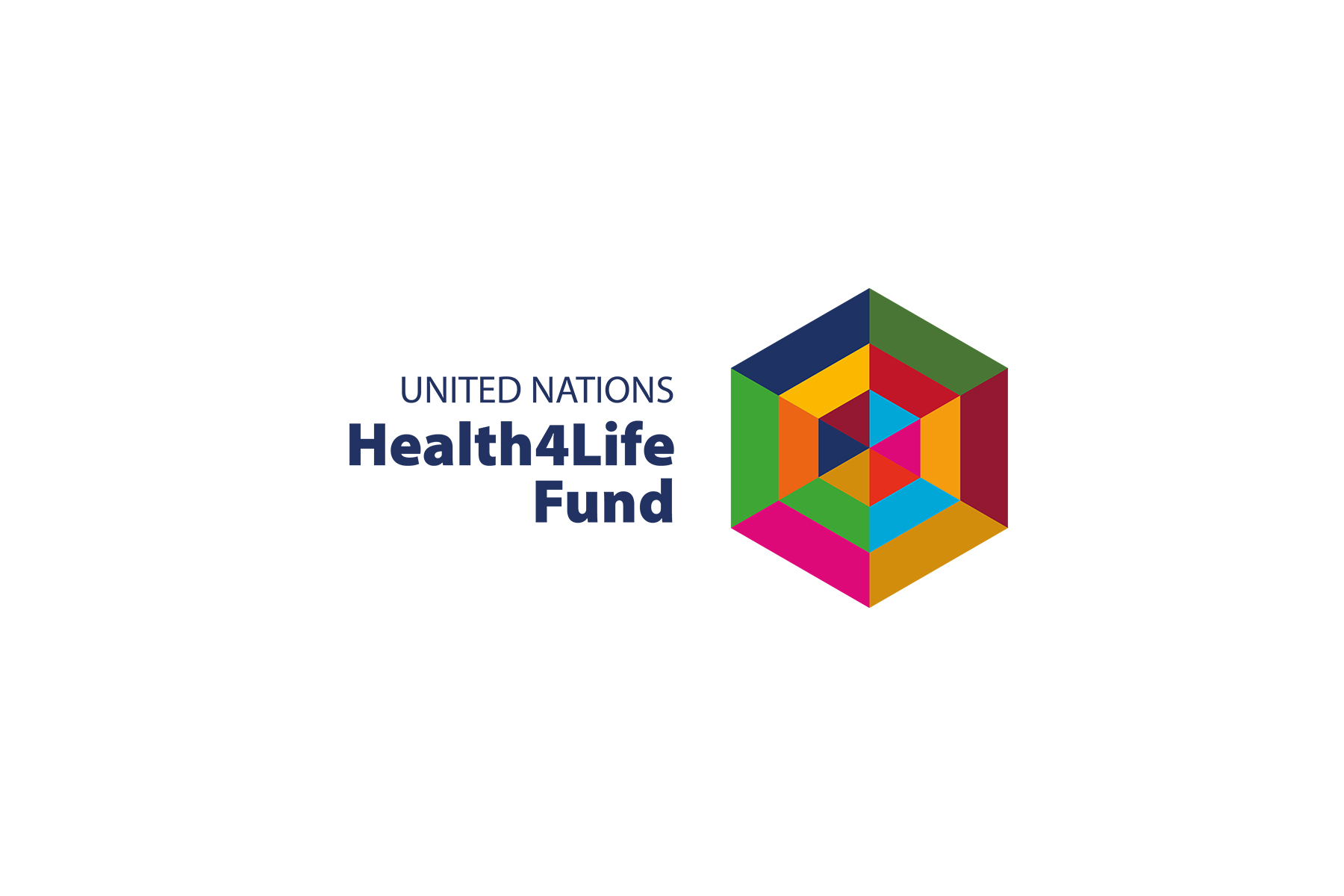United Nations Interagency Task Force on the Prevention and Control of NCDs (UNIATF)
The United Nations Interagency Task Force on the Prevention and Control of NCDs (UNIATF) brings together 45 United Nations system agencies and intergovernmental organizations to support governments in reducing the burden of non-communicable diseases (NCDs), including mental health conditions, to meet the goals and targets of the 2030 Sustainable Development Agenda.


